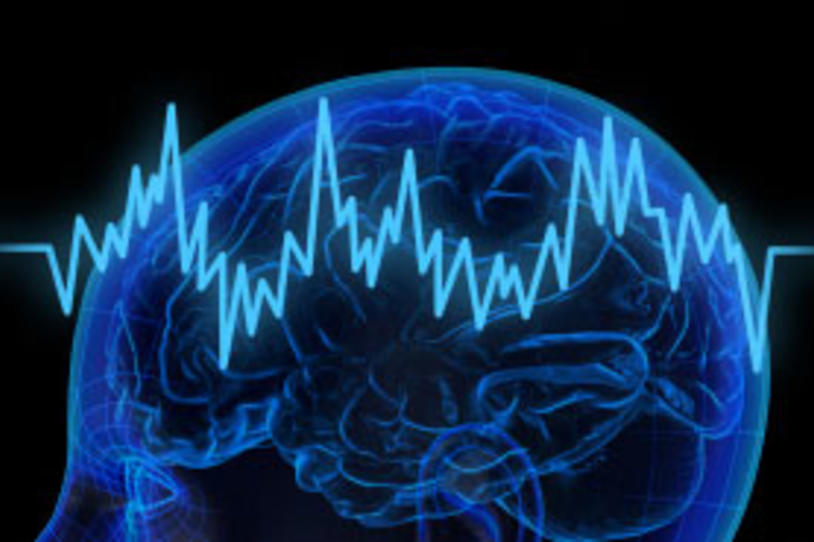
This week, results from a clinical study published in the New England Journal of Medicine suggest that Deep Brain Stimulation (DBS) is effective in treating those with Parkinson’s disease (PD) who are experiencing early motor complications of the disease.
This is interesting because, to date, most research has pointed to DBS as an option for those with later stage PD. “This is the first study to show that surgical treatment might be proposed in an earlier than anticipated phase of PD,” says Maurizio Facheris, MD, MSc, associate director of research programs at MJFF. “The study not only confirms the safety and tolerability of DBS, but also shows higher efficacy than drug therapy alone over the course of two years.”
According to Medtronic, a medical technology company that is a provider of DBS, these results were taken from the first large, multicenter, randomized, controlled trial to evaluate Parkinson’s patients with early motor complications. The study found that those who had DBS and levodopa showed, on average, a 26 percent improvement in their disease-related quality of life when compared with no improvements for those treated with levodopa alone. It’s possible that these results could begin to pave the way for DBS as a treatment option earlier in the disease course, said paper author Günther Deuschl, a professor at Christian-Albrechts-University in Kiel, Germany.
“A couple of caveats,” cautions Facheris, who was also quoted in a Forbes article referencing the study. “Treating ‘earlier motor complications’ doesn’t necessarily mean treating younger patients. Also, we’re still far from understanding if DBS has any disease-modifying effects; for now it’s still considered a purely symptomatic therapy. And DBS is not for everyone: It’s important to discuss the procedure with a healthcare provider to discuss eligibility, and the pros and cons of having brain surgery.”
Last fall, MJFF spoke with Andres Lozano, MD, following the release of a new DBS technology in Europe. According to Lozano, new developments in the field are likely to occur over the course of the next five to ten years: He foresees technological advances in how the electric current is delivered into the brain, a miniaturization of DBS devices, and new technology which would allow patients to manually “medicate” with DBS. Researchers are also focusing on different parts of the brain in an attempt to more holistically address symptoms that may not be addressed through current DBS therapy.